You Are But Dust (Weeks 3-8)
unwanted house guests, the purpose of schooling, make birth free, family lent guides
Well, the post that was intended to be weeks 3-4 has turned into weeks 3-8, thanks to three house guests, only one of whom was invited: a stomach bug, my parents, and now croup. I’ll let you guess which guests were welcome and which were not!
While much of my reading the past several weeks has been replaced by an ungodly amount of television-watching (here’s to hoping I’m not the only one who doesn’t have the energy to read while sick), I’ve still managed to listen to a couple of audiobooks and catch up on my Bible-reading plan. I have not, as I suggested in my last post, died in the desert with the Israelites. At least not yet.
Reading
Books
The Common Rule, Justin Whitmel Earley — finished (audio)
Practical and helpful, I found this book to be similar in nature to John Mark Comer’s The Ruthless Elimination of Hurry (which I loved). Where Comer’s was a bit more philosophical in nature, Earley’s was more grounded — that is to say, Comer’s made me think, and Earley’s gave me some pretty practical ideas of what I could do. Of course, both books do both, and this is an oversimplified description. But if I had to recommend one, it’d definitely be Comer’s. Earley’s is definitely useful in church or small-group contexts, though. And great for Lent, which is officially upon us!
Being Mortal, Atul Gawande — finished (audio)
“Your chances of avoiding the nursing home is directly related to the number of children you have. And according to what little research has been done, having at least one daughter seems to be crucial to the amount of help you will receive.” Being Mortal
The Summer of the Great-Grandmother, Madeleine L’Engle (still reading)
This is my “midnights book,” which I’m reading as I nurse Virginia in the night. Though lately I’ve mostly been sleeping through feeds. Oh well.)
Bible
Numbers (The Message) — still reading (audio & print)
The Israelites complaining about the manna in Numbers 10 and following is hilarious, especially in The Message version.
I’m loving listening to The Message on audio, but I noticed that some words are different from what’s written! I wonder why the discrepancy?
Leviticus (The Message) — finished (audio & print)
All the laws for purification are exhausting. No wonder Israel needed a Messiah. We’re currently watching Season 3 of The Chosen (which is amazing, by the way), and there’s a funny scene where the disciples are exasperated listening to the reading from Leviticus.
Exodus (The Message) — finished (audio & print)
Quick notes on Exodus, which I finished in the past few weeks:
Rachel dies in or near Bethlehem (some sort of foreshadowing?).
The Israelites ended up in Egypt because Joseph’s brothers sold him into slavery, where he was eventually elevated to Pharaoh’s court. I’d never quite put the pieces together as to how they’d ended up there before Moses led them out.
John and I watched Ben-Hur while reading Exodus and appreciated the similarities/allusions. Great movie.
Genesis (The Message) — finished (audio & print)
I finished Genesis in early January, but forgot to add my quick notes:
In The Message, “bone of my bone and flesh of my flesh” has the exact same wordage because it’s the most poetic way to say it; there’s no more poetic way to capture Adam’s delight in Eve. It’s what all subsequent poetry tries to recapture.
I liked the portrayal of the tree of the knowledge of good and evil as the “knowledge of everything from good to evil”; it’s the sum of knowledge, not just good and bad.
Instead of “brother’s keeper,” The Message uses the term “babysitter.” I thought it was a funny/helpful distinction.
I never noticed that there was a distinct time when people began praying and worshipping in the name of God. Did they not pray and worship before? Did they walk and talk with God, rendering prayer and worship unnecessary? Did they pray and worship to other gods?
In The Message, people are trying to “make ourselves famous” at Babel, which feels much more relatable than translations I’ve grown up reading.
Articles / Essays
The Epidemic of #DiedSuddenly, Vinay Prasad and John Mandrola, The Free Press (Substack)
“We think the vaccines are an important tool for preventing severe illness and death among vulnerable people—particularly the elderly and those with certain underlying medical conditions. But we have been concerned that our federal officials recklessly continue to push for multiple Covid shots for everyone five years old and up, despite the growing evidence that these vaccines may not be appropriate for all. We are also concerned about the way side effects of the vaccine, particularly among young men, have been downplayed. For these reasons and more, we believe in being transparent and honest with a public that has lost trust in our essential public health institutions.”
Homeschooling is a Better Offense than Defense, Samuel James, Digital Liturgies (Substack)
“We do not tolerate disagreement because we do not happen to value anyone who disagrees with us. And we do not value anyone who disagrees with us because much of our life, starting at kindergarten, is structured around personal accomplishment and self-reference, not around a family unit whom we inherit rather than curate. Family is where people really learn how to disagree… Homeschooling is a living liturgy of home-life, a way of encountering the world that teaches a person that no matter what they learn or what they do, there is a place and a people to whom they belong.”
In this same vein, I listened to this “Good Faith Debate” on schooling between Jen Wilkin and Jonathan Pennington, produced by The Gospel Coalition. I thought both sides were very well-articulated and compassionate, and while I have many more thoughts on schooling than I did before listening, I can’t say I’m much closer to making a decision for our boys. But at least we still have 2.5 more years to think about it.
Make Birth Free: A Vision for Congress to Empower American Mothers, Families, and Communities, Catherine Glenn Foster, Americans United for Life
“The average cost of childbirth in the United States is nearly $19,000, and even privately insured mothers will likely pay more than $3,000 out-of-pocket simply for delivery… To change the future, we need a new model, a better paradigm. Birth in the United States of America should be free.”
A 72-year old congressman goes back to school, pursuing a degree in AI, Meagan Flynn, The Washington Post
“That’s been the story of the year for Beyer (D-Va.), who has been moonlighting as a student at George Mason University in pursuit of a master’s degree in machine learning while balancing his duties as a congressman… “I’m not gonna live forever, but I thought, you know, looking at our 80-year-old president, I thought it won’t be a bad thing to have a PhD in machine learning, artificial intelligence at age 80. Still got 20 more years, maybe,” he said.”
Poetry
The Calling Of The Disciples
by Lucille Clifton (Clifton is one of my favorite poets.)
some Jesus has come on me i throw down my nets into the water he walks i loose the fish he feeds to cities and everyone calls me an old name as i follow out laughing like God’s fool behind this Jesus
Writing
The gospel of forgiveness, Katelyn Walls Shelton, WORLD
“These critics, however, have missed the very essence of the gospel’s meaning. The idea that some sins are too great for forgiveness—or that one must ask for forgiveness before being offered forgiveness—turn the Christian gospel of grace into a scrupulous system of anxiety.”
For abortion pills, the FDA goes soft on safety, Katelyn Walls Shelton, WORLD
“How can a drug be considered “medicine” if it endangers women’s lives? How can the government tout its promotion of “healthcare” if the drug it promotes not only takes one life, but could take two? At least 20 women have died from the use of mifepristone, as well as almost all infants whose mothers took the drug while pregnant. How many more must die before Democrats seriously consider the health of women to be as important as her so-called “ability to choose”?”
Why we need a Joshua Harris rule, John Schweiker Shelton and Katelyn Walls Shelton, WORLD (my first co-written piece with my beloved!)
“Especially now that, at the age of 38 and with three children, Kondo is rethinking what it means to live well. In a recent webinar, she confessed that she has “kind of given up on that” lifestyle of keeping a perpetually tidy home. “Now I realize what is important to me is enjoying spending time with my children at home.” This is not the first time a self-help author later came to a more mature understanding of the world after publishing a bestseller, and, without some sort of serious intervention, it will not be the last.”
Author’s page, WORLD Magazine
New articles coming soon — keep an eye out for commentary on pro-life orgs calling to make birth free and why Philip Pullman failed to write an anti-Christian story. As the kids these days say, “WATCH THIS SPACE.”
Loving
Church of the Resurrection’s Family Lent Devotional Guide with complementary Spotify playlist. Plus other lenten resources for families:






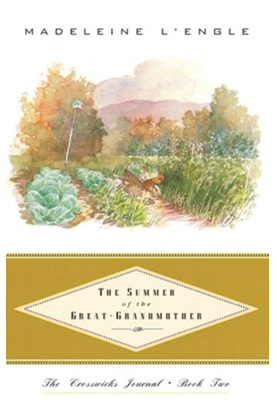

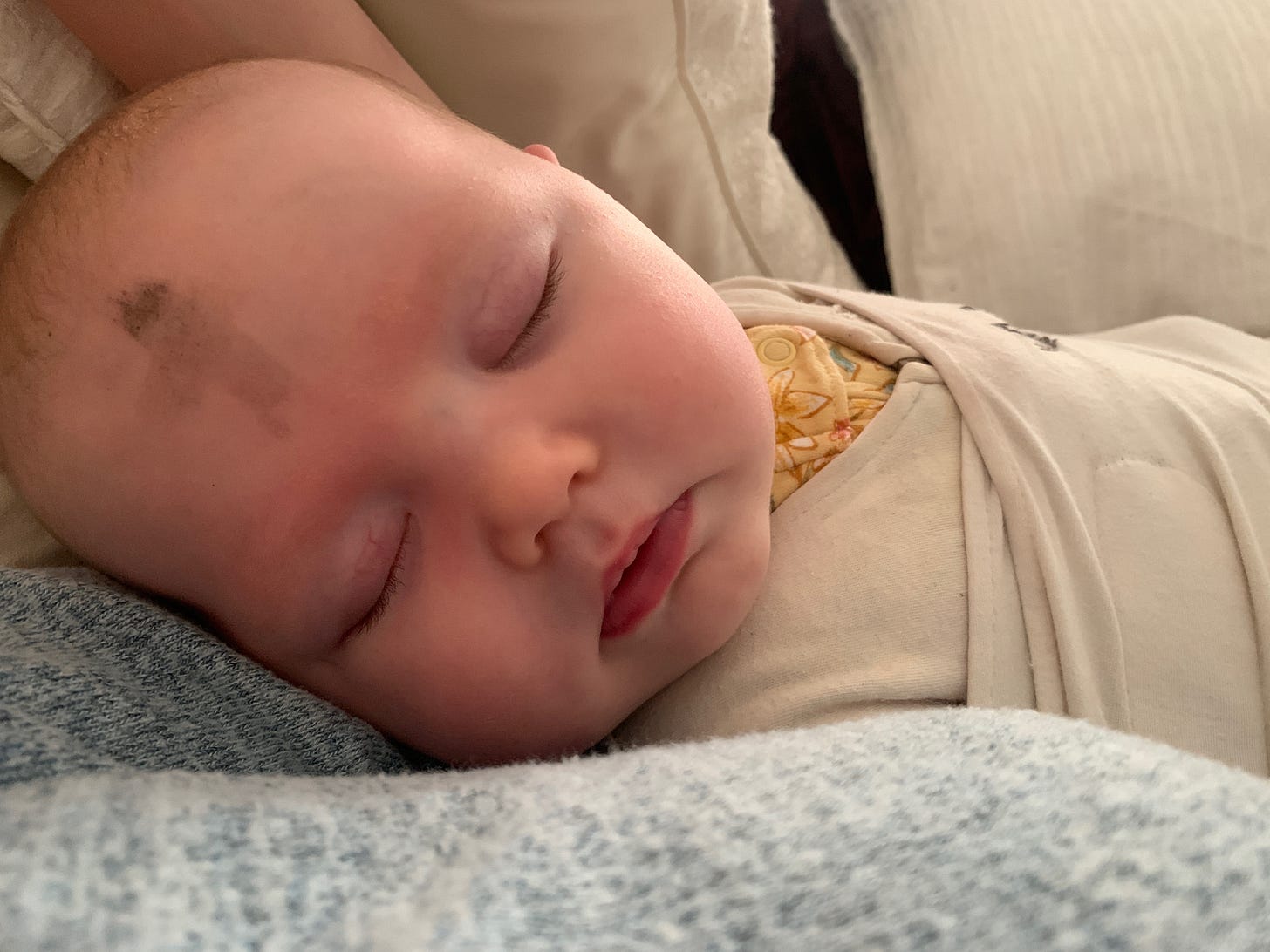
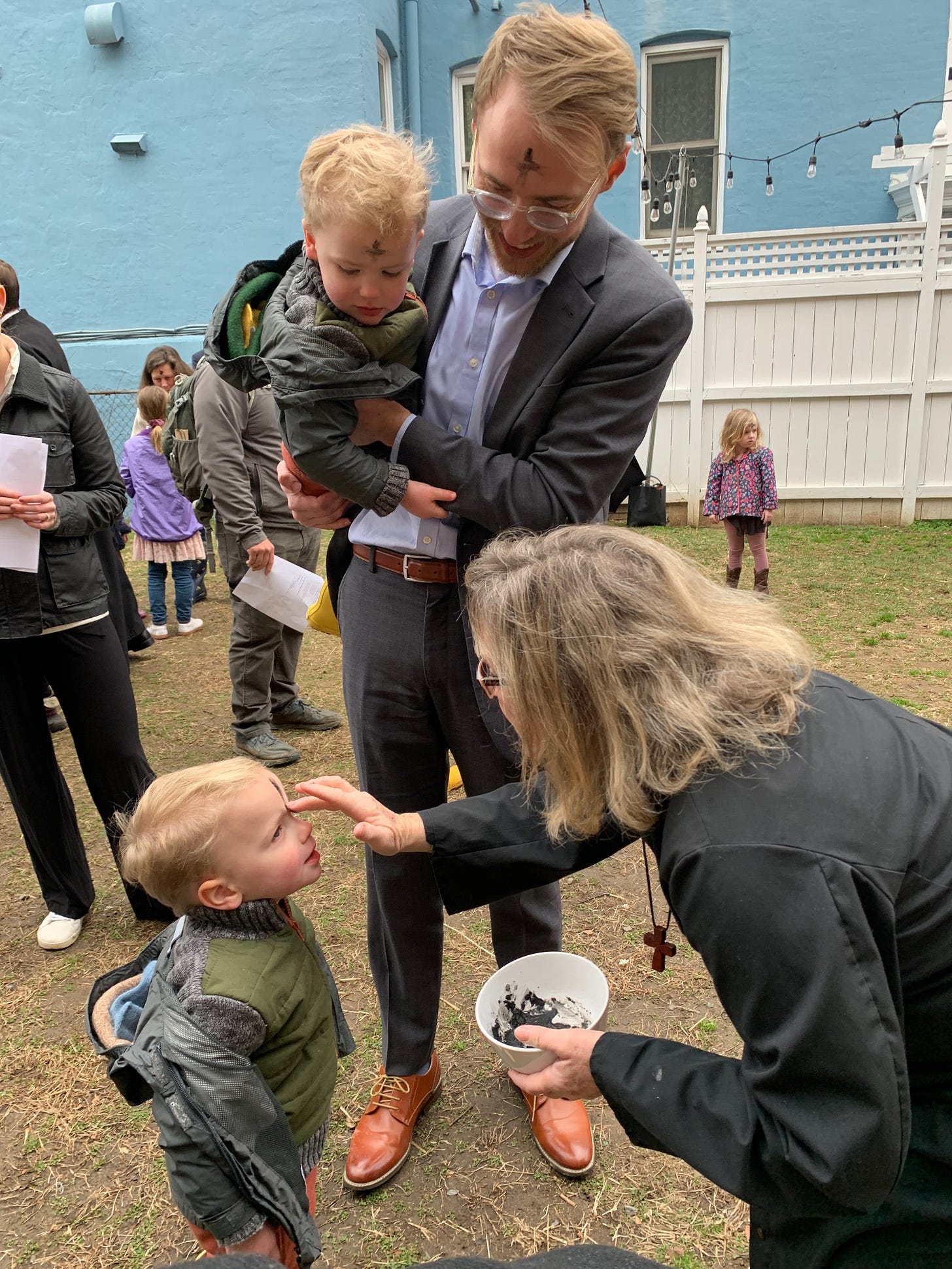
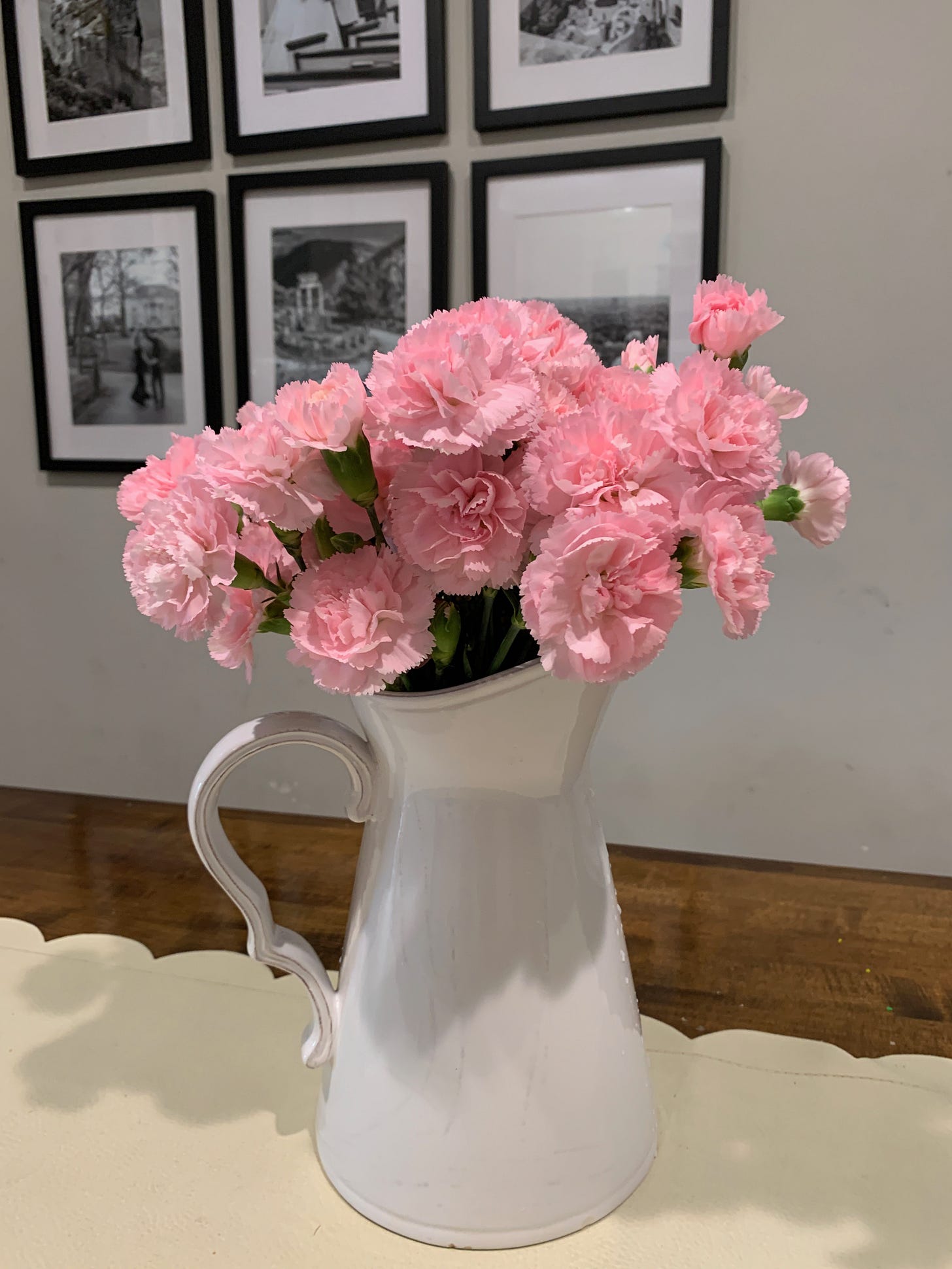
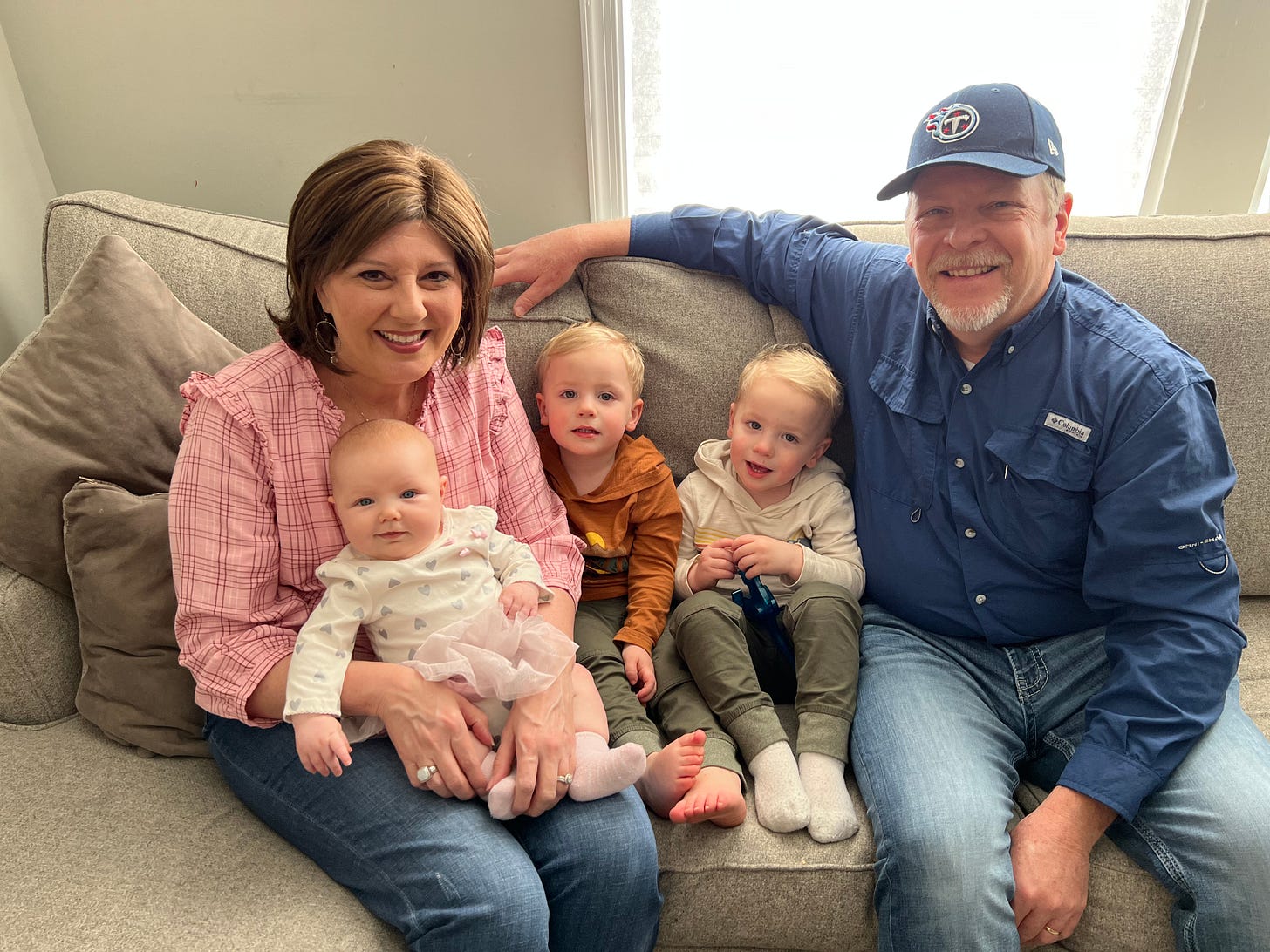
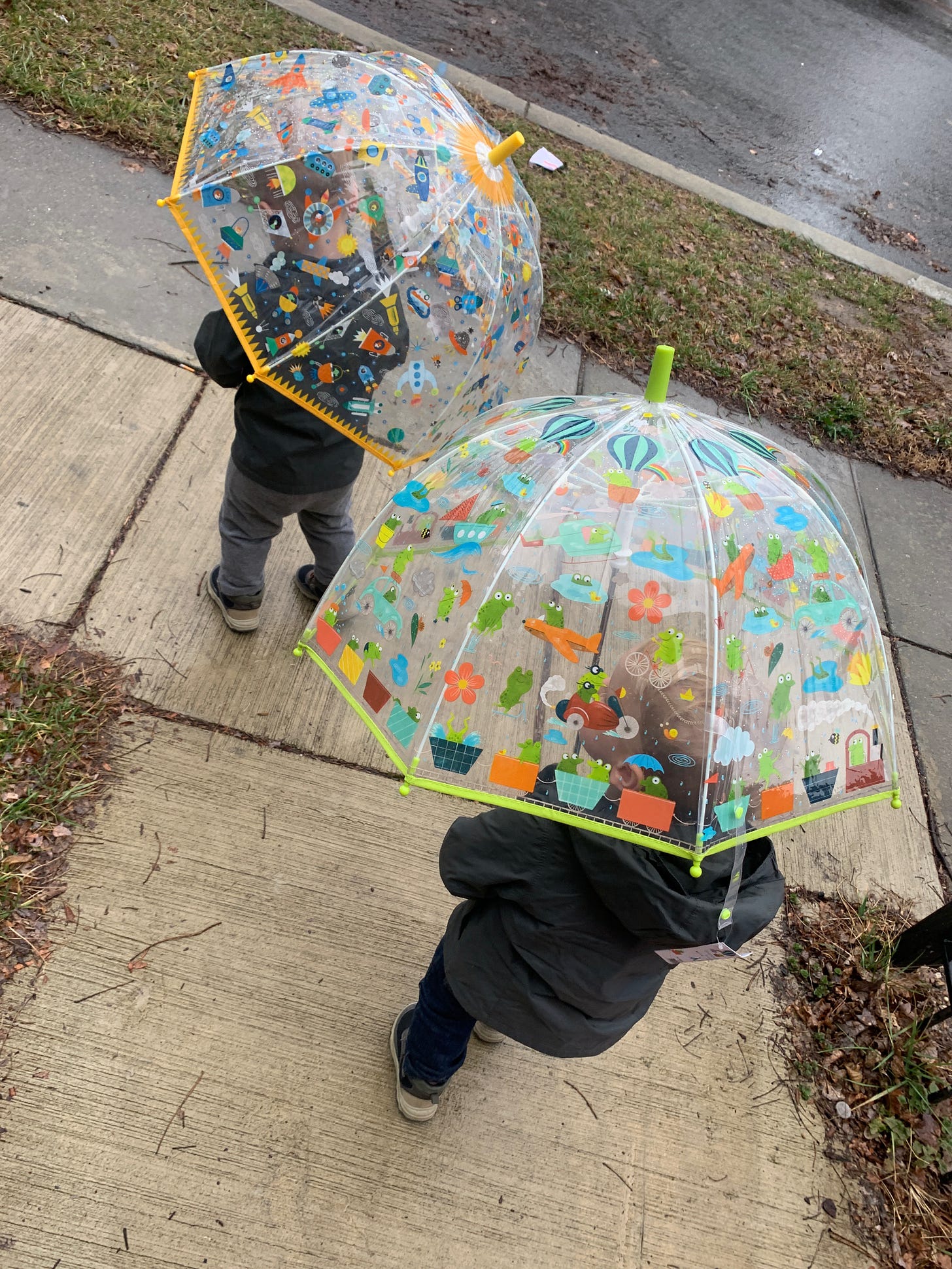
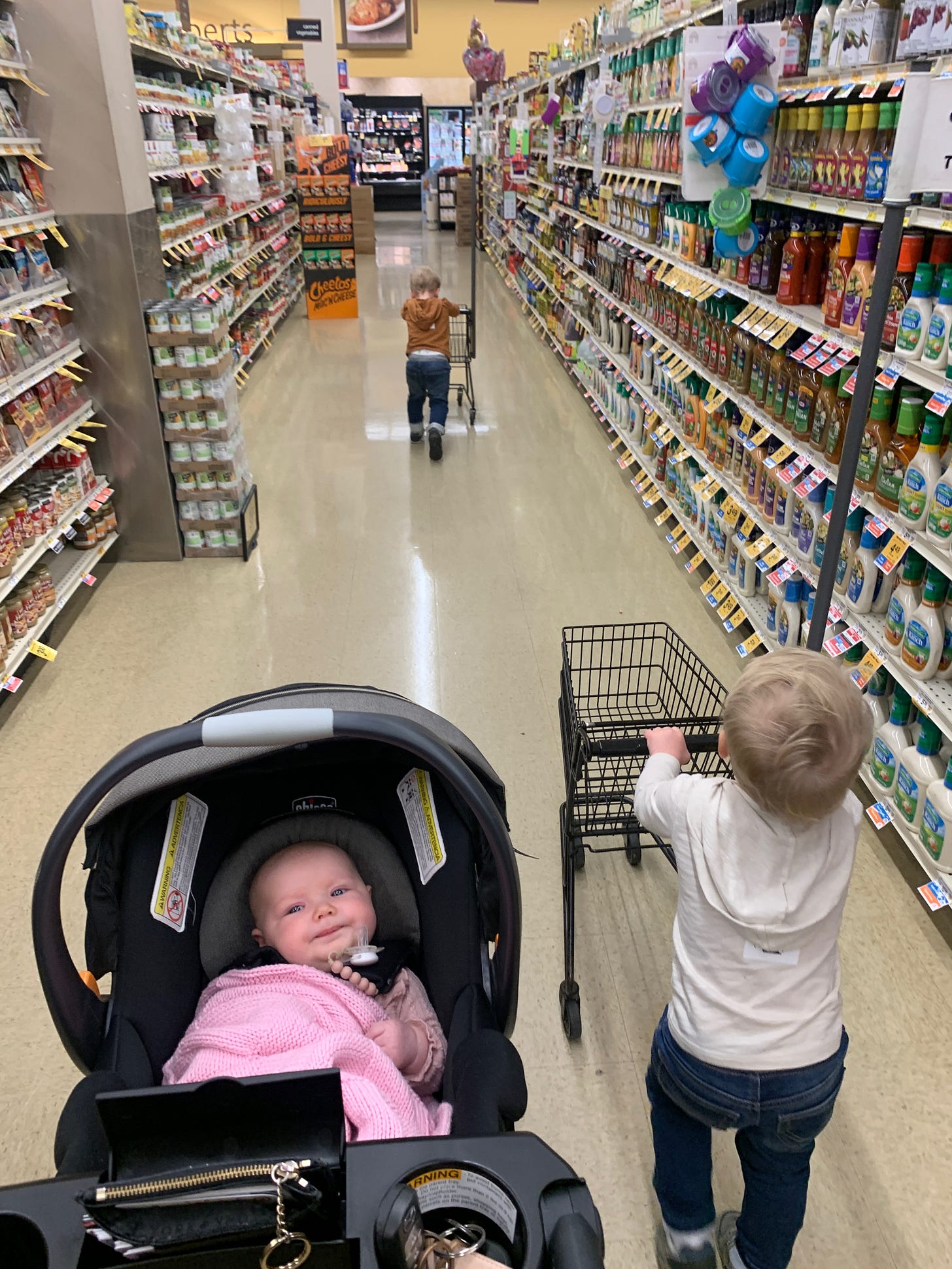
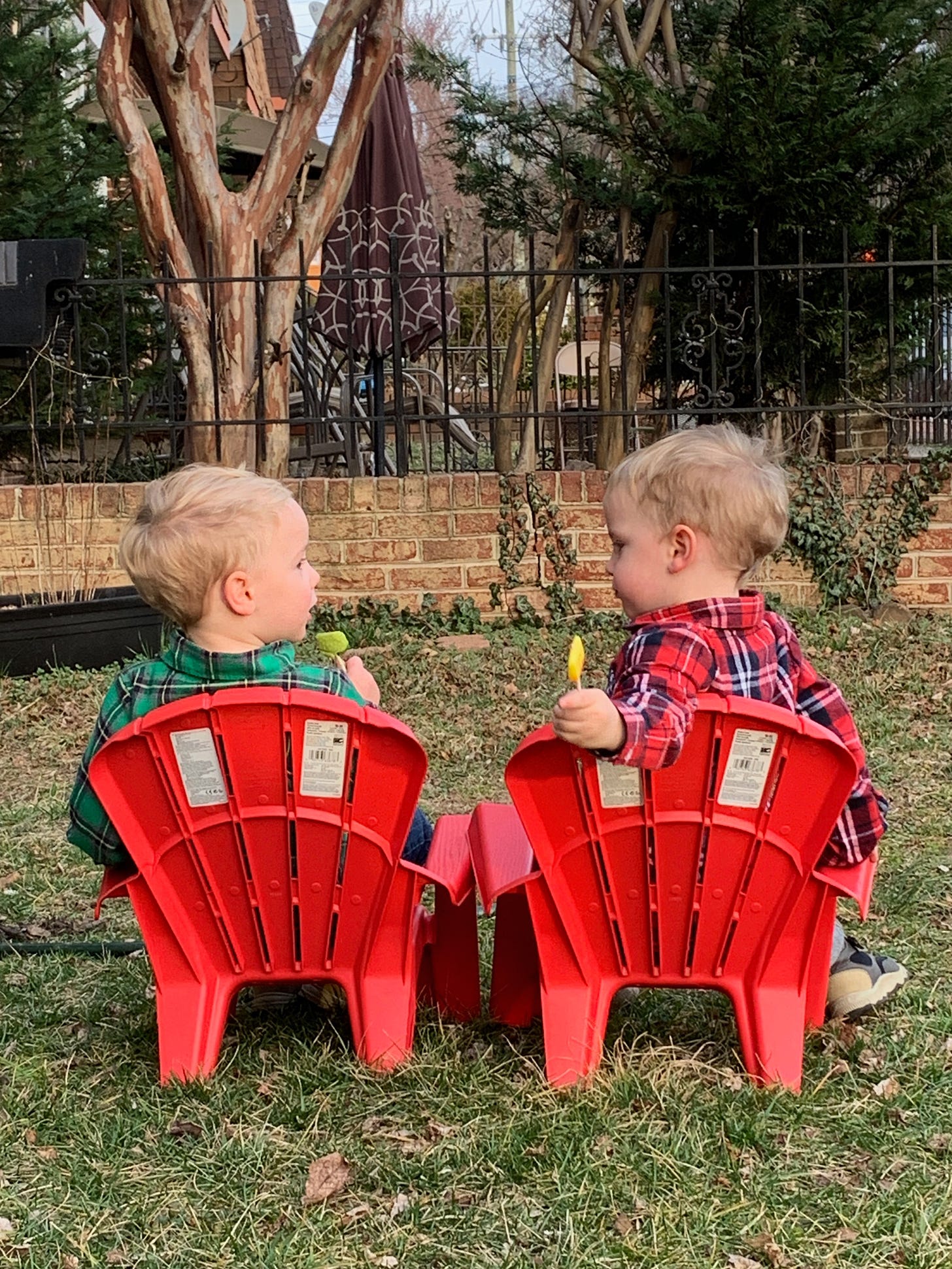
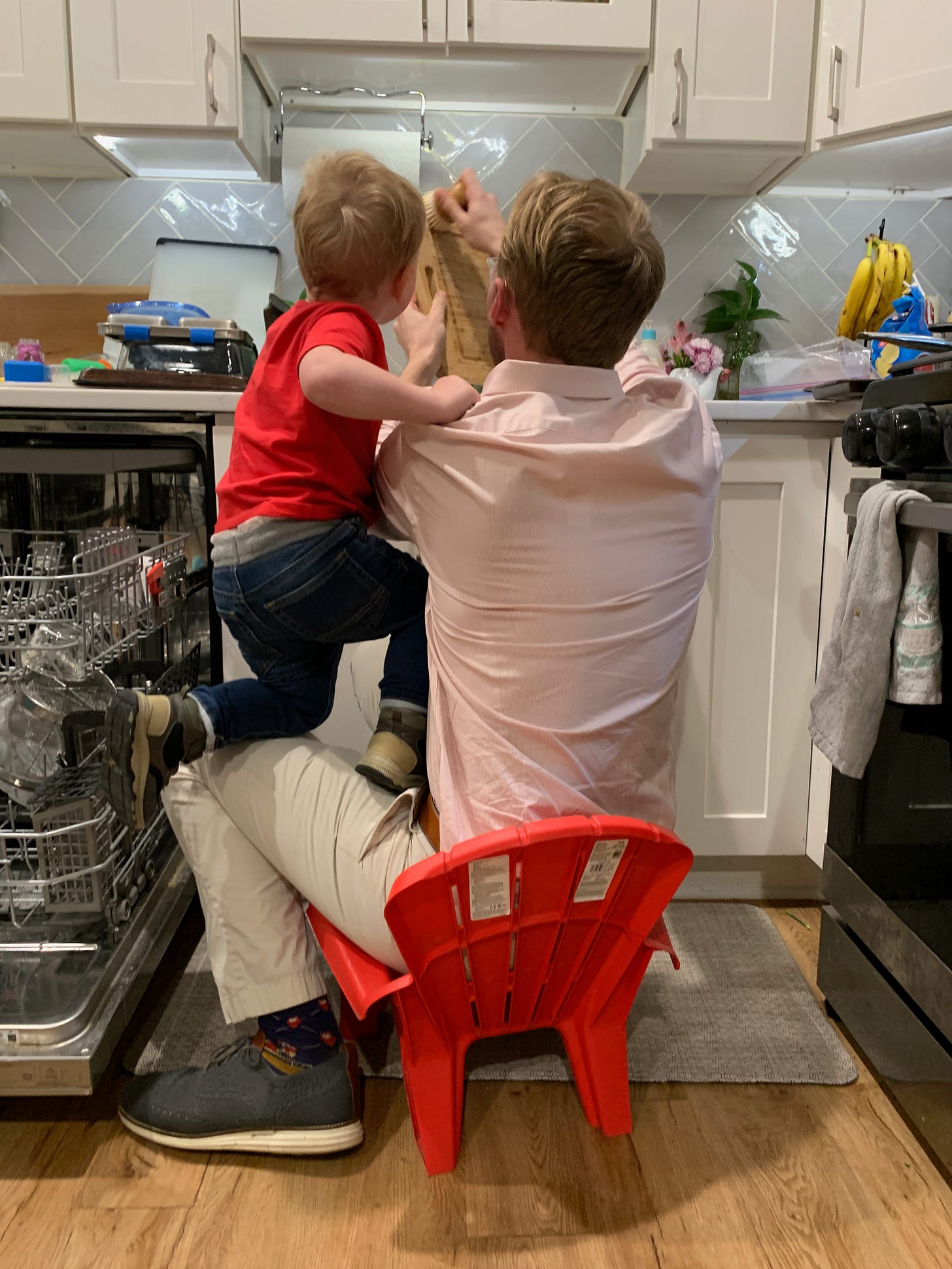

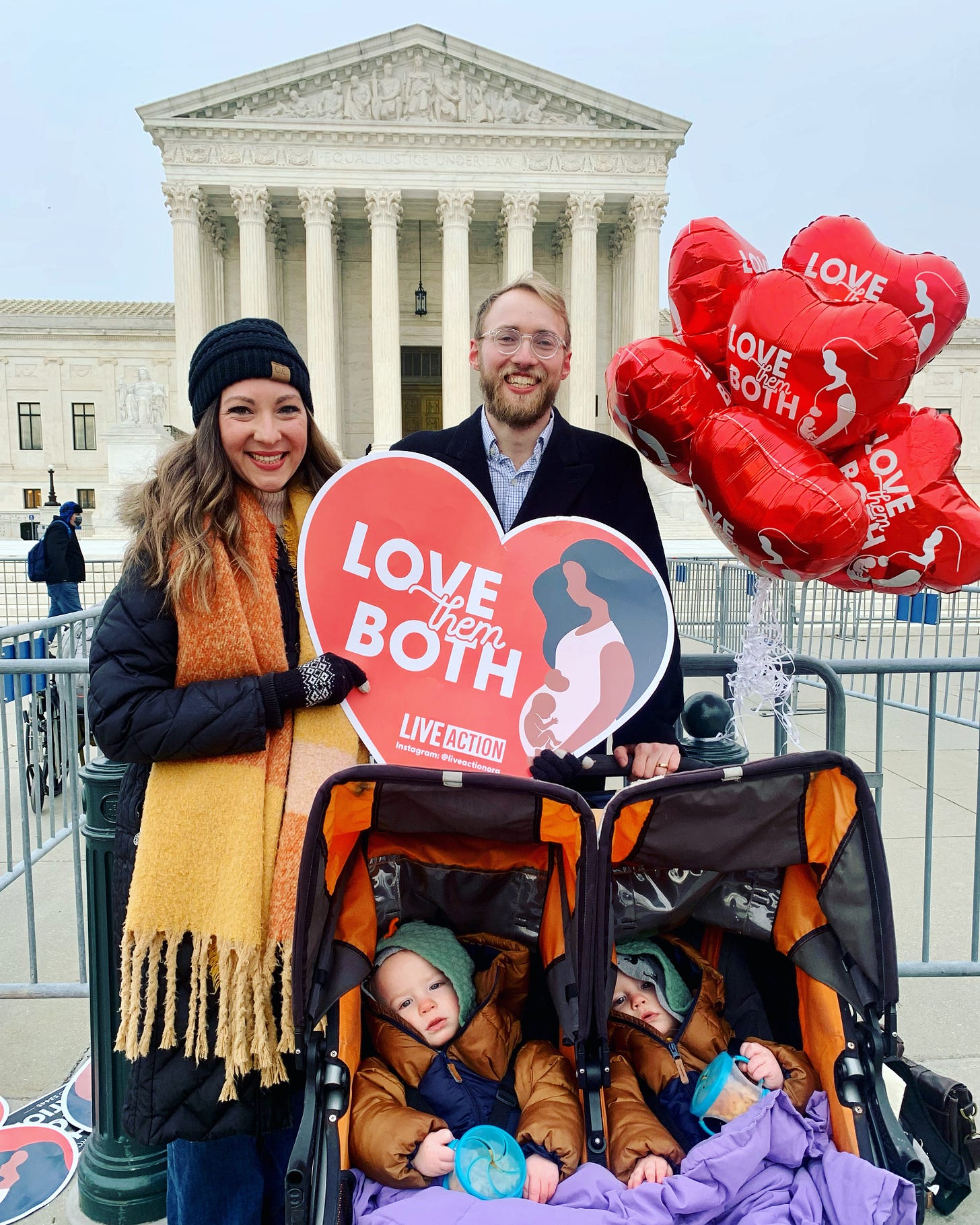
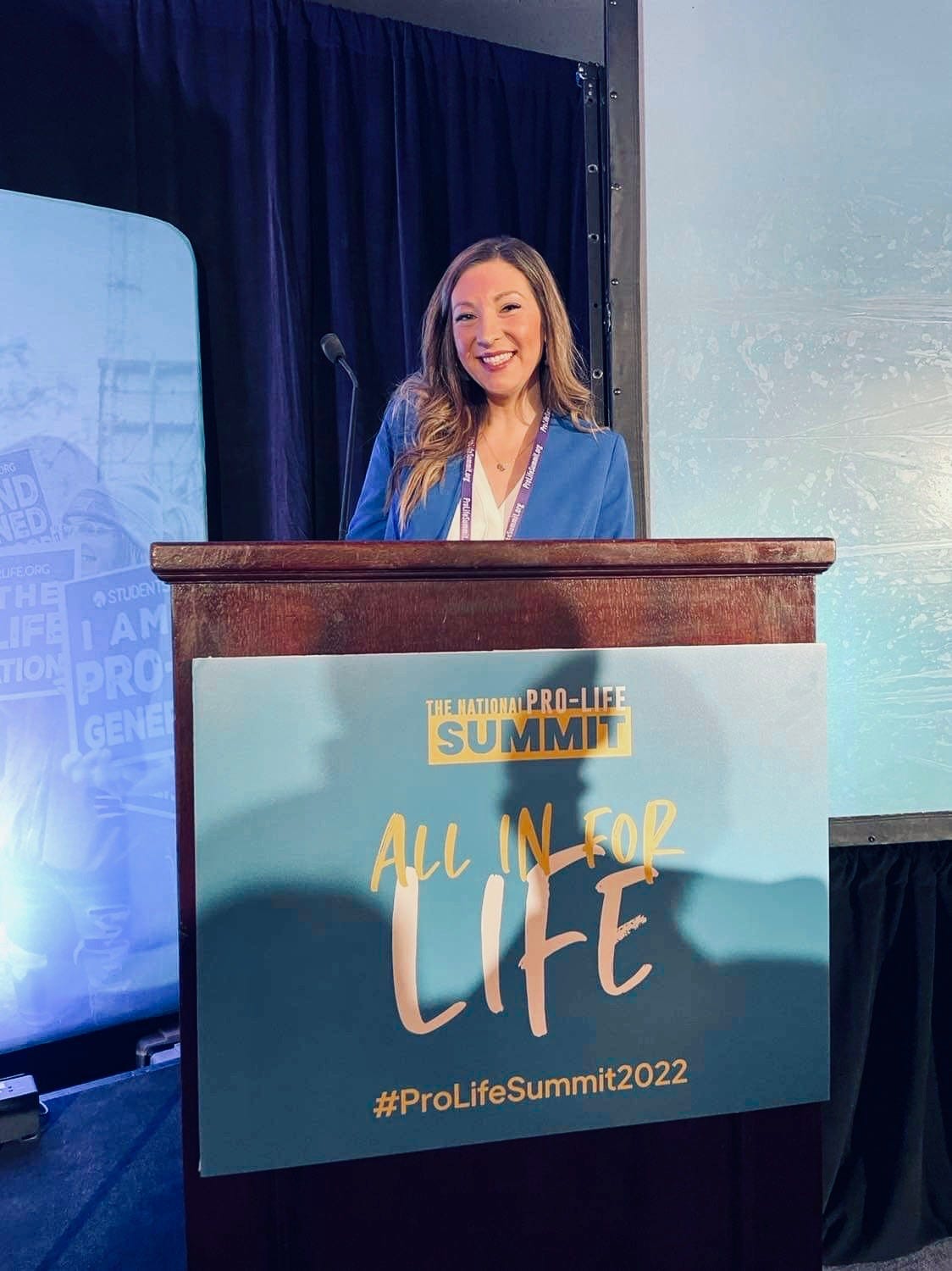

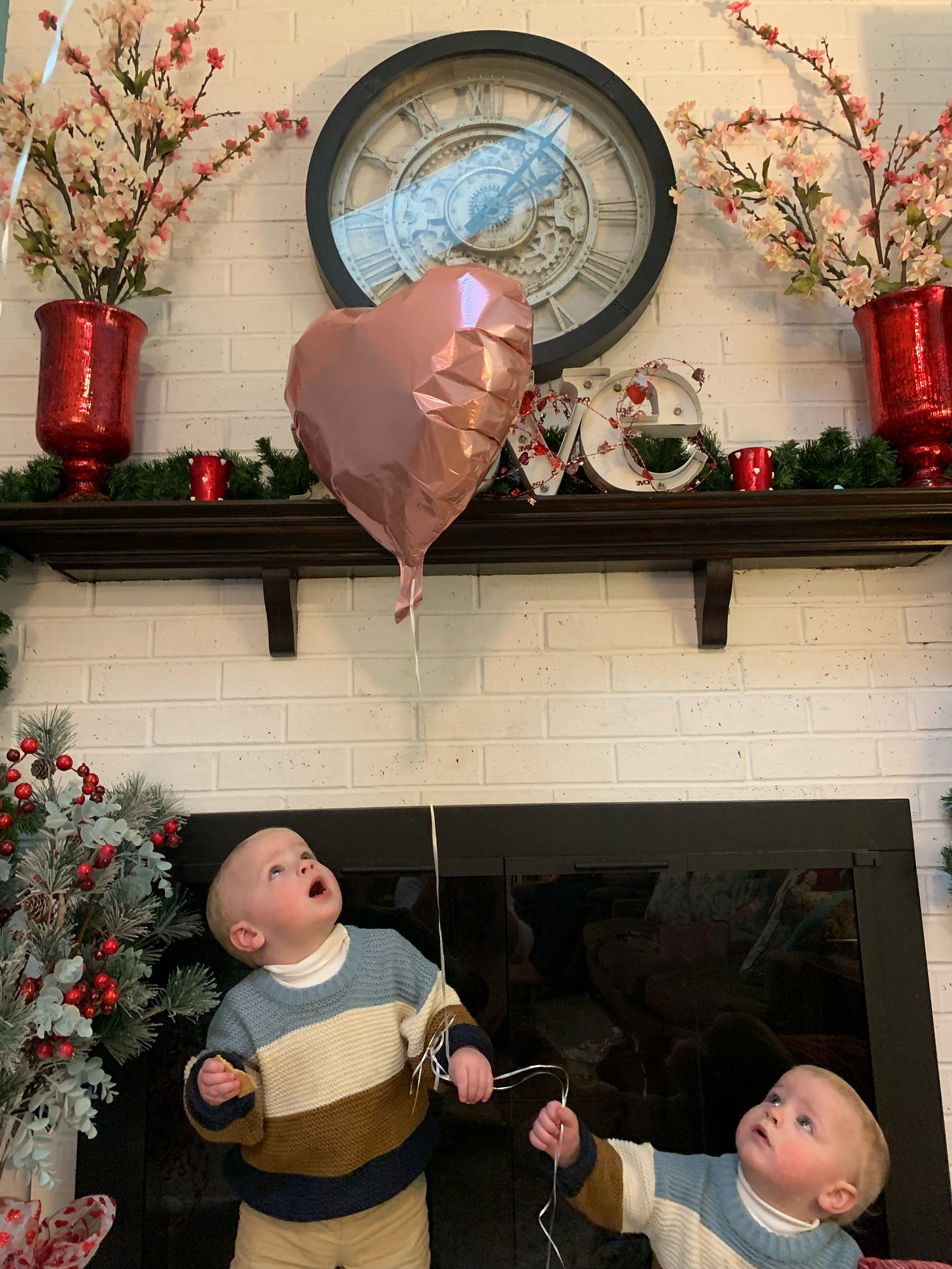

Regarding Leviticus! I'm in it, as well. And Phylicia Masonheimer recently had a mini-teaching on the purification laws. Super interesting. Gives me a new perspective on them: https://www.instagram.com/reel/Co5oIQRJ2rC/?utm_source=ig_web_copy_link